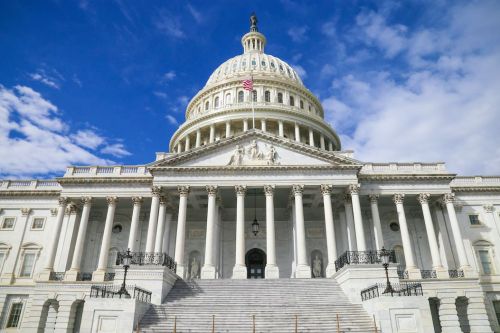Designing a Retirement Asset Allocation for Safety, Growth & Income for Life
An Examination of ‘Bucket #1’ and How to Fill It
The following article features an excerpt from Momma’s Secret Recipe for Retirement Success, by Dan Ahmad, Jim Files, and Jack Canfield. Get your copy here!
In our book, Momma’s Secret Recipe for Retirement Success, we discuss “The 7 Rules To Live By For Retirement Security,” some of which we have also written about on this blog and you can find linked below:
- Avoid Large Losses – Use the 5%-10% Rule
- Minimize Fees
- Significantly Reduce Volatility
- Earn a Reasonable Return Rate
- Manage Taxation
- Generate “Certain Income” from Your Assets that Will Last for as Long as You Live
- Have a Written Retirement Income Plan
If you are like most retirees, you probably love the idea of having a “Retirement Planning Roadmap” like this, right? It’s designed to help you plan for retirement income you can count on – for life.









